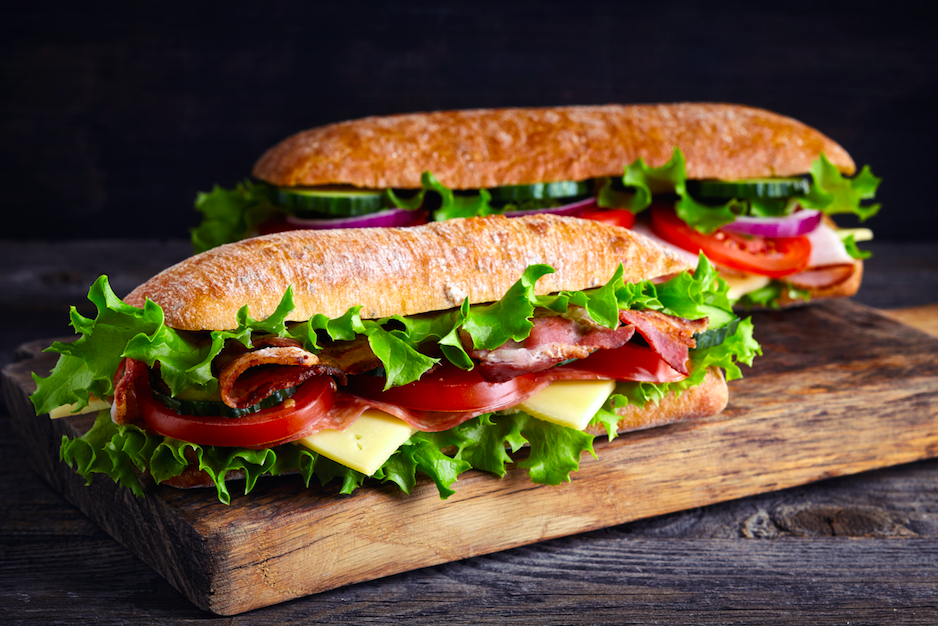Food Allergy Deaths Avoidable With Blockchain
The recent cases of tragic deaths caused by food allergies has opened afresh the debate on fully transparent supply chains.

Many of you will have seen or read news reports in the past couple of weeks regarding the tragic deaths of two women due to severe allergic reactions to eating pre-prepared food. In both cases, the food in question was purchased from the same retailer, though the resulting actions from the cases have been markedly different.
The cases have highlighted industry-wide issues regarding food packaging and labelling relating to allergens, as well as reigniting the debate on where the responsibility lies for food content and allergen checks within the supply chain.
Inadequate Labelling and Mis-sold Products
The first incident occurred after a woman ate a pre-prepared baguette that had sesame baked into the product, but had not been listed on the product’s ingredient list on its packaging.
A recent inquest found that the retailer had “inadequately labelled” its products, failing to highlight the presence of sesame in the food. While the organisation agreed with the coroner’s verdict, it has thrown a spotlight on industry packaging requirements, particularly when it comes to listing potential allergens.
The second death was as a result of a severe allergic reaction to the presence of dairy protein in a pre-packaged sandwich. However, unlike in the first case, the retailer has pointed the finger of blame squarely at one of its second-tier suppliers, claiming it was mis-sold a guaranteed dairy-free yoghurt.
The supplier in question, with whom the retailer has since ended its relationship, has rejected the claim that its product was to blame. They had their own supply chain issue in February 2018 when they were forced to recall some of its products due to undeclared milk, resulting in it ending a relationship with a third-party supplier. The supplier has denied that the recalled product is the same product as caused the allergic reaction, though the retailer and two independent authorities have conducted tests showing that the yoghurt in question had levels of contamination.
Where the fault lies for the contamination will be established in due course. And though this ultimately pales in comparison to the tragic loss of life, it does raise a couple of serious questions: Where does responsibility lie for ensuring product quality in the supply chain? And what can organisations AND suppliers do to ensure full supply chain transparency?
Introducing Blockchain to the Food Industry
The debate on the first question will continue to rumble on. In reality, the responsibility lies with every party, irrespective of which tier they are in the supply chain. That said, the buck ultimately stops with the end user, retailer or seller to ensure products are fully labelled and they are satisfied they are selling a quality (and safe) product.
The answer to the second question may be closer than you think, however. Blockchain has been discussed at length on Procurious and its applications in the supply chain are well documented.
Plus it helps that the world’s largest retailer, Walmart, has just unveiled its new food industry blockchain ambitions in China. The retailer plans to use the existing, proven, technology to ‘overlay’ the supply chains in the notoriously complex industry.
And with major producers such as Dole, Nestle and Unilever on board, as well as IBM as a technology development partner, this does have the signs of being the first step on a (long) road to success.
Success that could usher in new processes for how food information is obtained, stored and shared, allowing all parties to track the provenance of food from farm to table. This will give all levels of the supply chain the transparency required to know products are both safe and of the highest quality.
With what has been in the new recently, with impacts that none of us can predict and that potentially extend further than any of us know, this may also represent the first step to ensuring the similar tragedies don’t happen again.
Read more on Walmart’s food industry blockchain ambitions here.